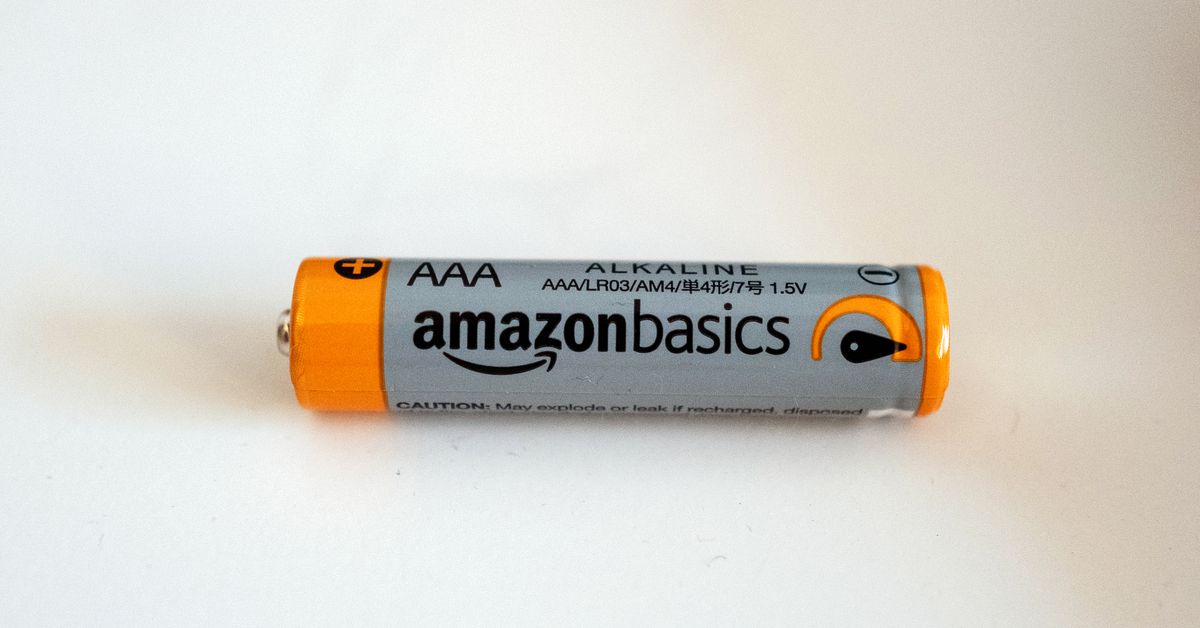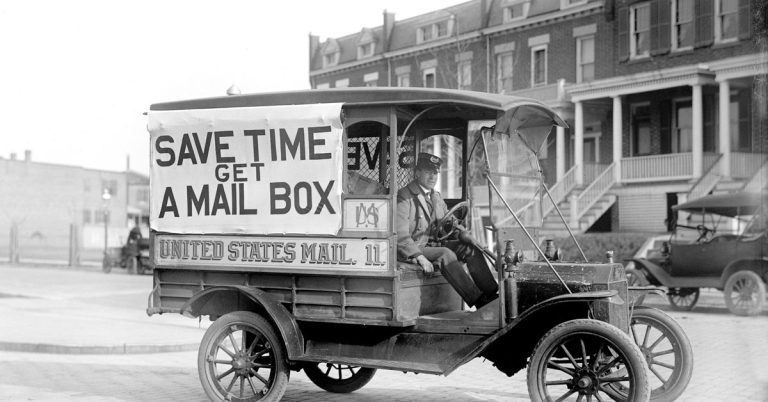
Amazon celebrated the biggest Prime Day in the sales event’s eight-year history early this week. But the event was followed just hours later by news of a series of major proposed changes to how Amazon does business in Europe aimed at settling accusations by regulators that Amazon engages in anti-competitive behavior.
Amazon’s proposed concessions include giving more visibility to listings from multiple sellers for a given product so customers have more choice as well as prohibiting the company from using any non-public data from Amazon sellers to boost Amazon’s own retail business, including its private-label brands.
But Recode has learned that top Amazon leaders have also internally discussed making a more drastic move to ward off regulators: abandoning its private-label business altogether. At least as recently as last year, several top Amazon executives, including its current worldwide retail CEO Doug Herrington and its general counsel David Zapolsky, expressed a willingness to make this different but significant change if it meant avoiding potentially harsh remedies resulting from government investigations in the US or abroad, according to a source with knowledge of the discussions.
Amazon’s private-label business includes homegrown brands like Amazon Basics, which sells everything from garbage bags to batteries to office chairs, as well as the clothing line Amazon Essentials. The business line also includes brands that don’t carry the Amazon name, such as the paper-goods label Presto, the food brand Happy Belly, and the fashion line Goodthreads. Such a concession would not apply to the company’s own gadget lines, including Kindle, Echo, and Fire TV devices. Amazon’s use of private-label brands has come under fire from politicians and regulators not merely because they exist, but because of the data Amazon leverages to create them and the tactics it uses to favor them in search results on its shopping website and app.
“There was a strong consensus that this could be a viable option if the company was ever pressed into a position where it had to negotiate a settlement,” the source told Recode. This person requested anonymity because they were not authorized to disclose internal discussions.
Amazon spokesperson Betsy Harden said the company has not “seriously considered” shuttering the private label business and continues “to invest in this area, just as our many retail competitors have done for decades and continue to do today.”
Early on Friday, the Wall Street Journal reported that Amazon has been cutting back on its private-label selection.
The conversations at Amazon around abandoning its private labels occurred on and off for several years as scrutiny of the business line heightened, the source said, with executives expressing a desire to keep this potential remedy under wraps so that it could come across to regulators as a major concession. Leaders in favor of such a decision believed that Amazon had a right to sell private-label brands as many retailers do, but that the business was not strategically crucial enough to defend in the face of more severe potential remedies sought by antitrust enforcers. When a company like Amazon offers such a concession, it does so with the hope of closing down any current investigations.
“One aim of negotiations is to emerge from the overhang of inquiries completely,” Bill Kovacic, a former FTC chairman, told Recode. “It means all of this goes away.”
Amazon has said that its private-label brands account for a low-single-digit percentage of overall product sales in its online stores. But they are still undoubtedly a significant source of profits for Amazon’s retail business, in part because the company doesn’t have to spend a lot on advertising like an outside brand does. At competing retailers like Walmart, Costco, and Target, in-house brands account for a larger percentage of total sales. As of 2019, the biggest impact of Amazon’s private-label business was felt in the so-called “softlines” category, which includes merchandise like clothing and bedding. In that space, Amazon’s own brands accounted for 9 percent of the company’s first-party sales in that category, Amazon disclosed to Congress in 2020.
House Antitrust Subcommittee’s 16-month investigation into the Big Tech giants and in producing the 400-page House Democrat reports, which alleged that all four of the top US tech giants engage in anti-competitive practices and need to be reined in.
Amazon is also one of the main targets of the American Innovation and Choice Online Act, which is being championed by Sen. Amy Klobuchar and Rep. David Cicilline. The “self-preferencing” legislation would give regulators the authority to sue the tech giants for business practices that favor their own products and services over those of third parties that do business on their platforms or that use non-public data from their own users to benefit their own services. Amazon’s use of non-public data, including sales figures, has drawn accusations that Amazon uses this kind of information to copy best-selling products.
Amazon has fought the bill aggressively, funding ad campaigns that make the questionable argument that, if passed into law, the American Innovation and Choice Online Act would break Amazon Prime. The bill’s supporters are still waiting for Senate Majority Leader Chuck Schumer to schedule it for a full Senate vote before the ramp-up to November’s midterm elections.
While it’s unclear what American lawmakers and regulators will do next, some of Amazon’s proposed concessions to antitrust officials at the EU’s European Commission seem to fall in line with some of the goals of the US self-preferencing bill.
For example, Amazon told the European antitrust commission that it would bar its employees and computer systems from using “non-public” data from Amazon sellers — whether from an individual seller or a group of sellers — to help Amazon’s first-party retail business. This first-party business consists of goods that Amazon buys at wholesale prices from other brands and resells to shoppers as well as private-label brands like Amazon Basics that Amazon makes and sells itself.
That’s the first of five key concessions, including three related to Amazon Prime. The first of the Prime-related changes would let sellers qualify for the Prime badge, even if they don’t use Amazon’s warehousing and shipping service known as Fulfillment by Amazon (FBA) — Amazon has allowed a small percentage of sellers to do this in recent years, but it has made it increasingly difficult to do so, meaning that the vast majority of sellers need to use FBA to earn the Prime badge for their products. A second would prohibit Amazon from using information gathered through Prime about the performance or rates of outside logistics providers to benefit Amazon’s own logistics and delivery business. The last Prime-related proposal would see Amazon no longer factor the Prime badge into the algorithm that decides which business — whether it’s Amazon or one of the third-party merchants selling through Amazon — wins a given sale when a customer searches for a product that’s sold by multiple parties.
Finally, Amazon has proposed displaying two different “Buy Boxes”to give more visibility to product listings from different sellers when they are selling the same item at different prices or delivery speeds. Today, Amazon customers across the globe have to click on a small tab to see buying options other than the one that Amazon’s algorithm chooses as the Buy Box winner.
This is how Amazon might add a second “Buy Box” on its app as part of concessions its offered to the European Union to end antitrust investigations https://t.co/IuaJyR7eC8
— Jason Del Rey (@DelRey) July 14, 2022
Now that Amazon’s European proposal is public, businesses affected by the way Amazon does business have until September 9 to provide feedback on the concessions. The European Commission will then decide whether to accept Amazon’s concessions or push for changes or additions to the proposal.
There is currently no indication that the European regulators want Amazon to stop all sales of its private-label products. Still, we now know that some top Amazon executives have considered the benefits of such a move, and it remains to be seen how they would respond to increased pressure from American regulators. Either way, evidence is mounting that Amazon is taking antitrust threats seriously.






